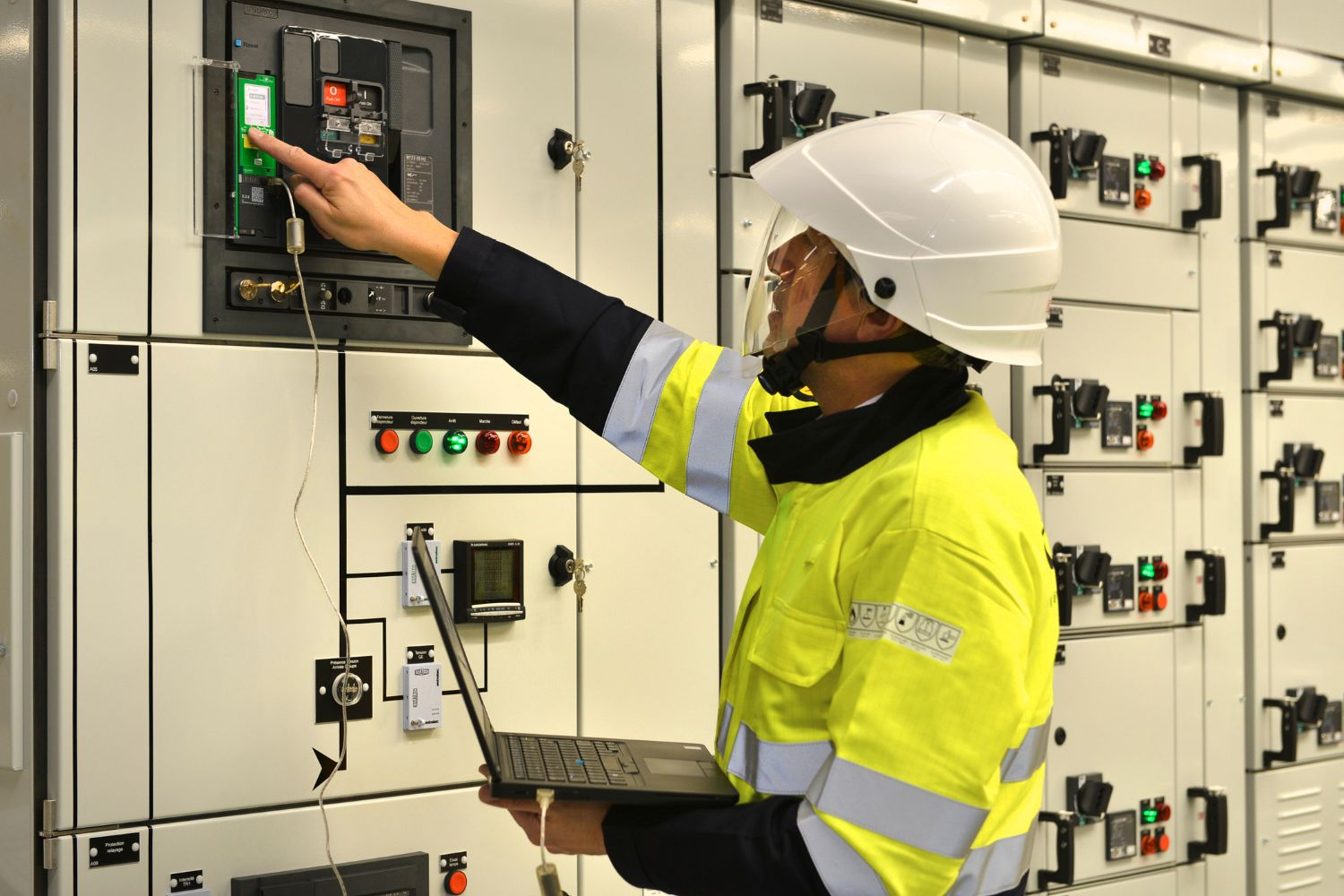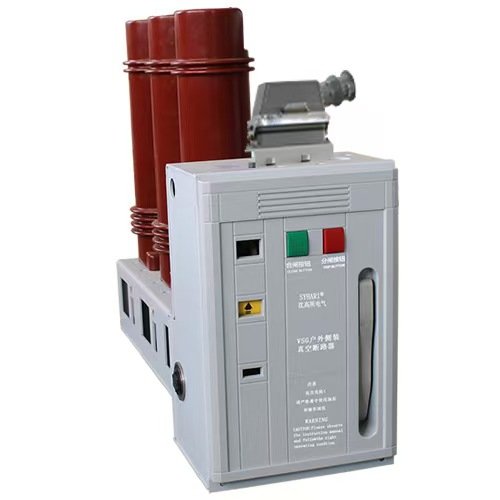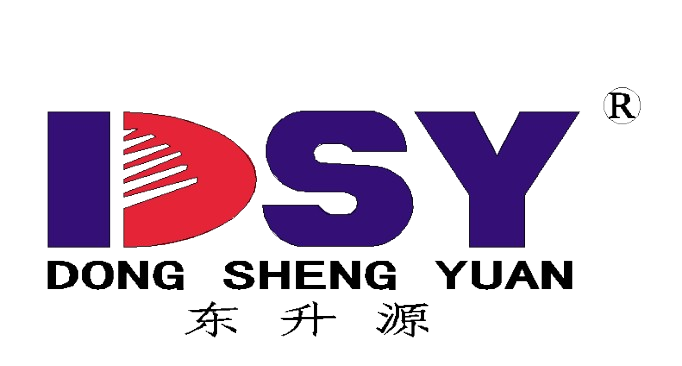How to Select the Right Power Distribution Cabinet for Your Plant
As a procurement manager or industrial buyer, you know that selecting the wrong power distribution cabinet is more than a technical error—it can cause project delays, failed inspections, costly retrofits, and even operational shutdowns. The right choice, however, ensures compliance, reduces long-term costs, and safeguards plant reliability. Below, we outline the critical factors you must evaluate before making a purchase decision.

Why the Right Cabinet Choice Impacts Your Project
Power distribution cabinets are central to plant safety and energy stability. For buyers, the main question is not only “does it work?” but “will it pass audits, scale with demand, and protect my investment?” A poor-quality cabinet might save upfront costs but risks non-compliance and higher lifecycle expenses.
Key Considerations for Procurement Managers
1. Compliance with International Standards
Always check for IEC, UL, or ISO certifications. Non-compliant cabinets may look acceptable but often fail during FAT (Factory Acceptance Test) or third-party inspections. Choosing a certified cabinet protects you from rejection risks and ensures smooth approval processes.



2. Load Capacity and Scalability
Industrial plants expand over time. If you select a cabinet sized only for today’s demand, you risk expensive retrofits later. Procurement managers should ask suppliers about scalability options—the payoff is fewer redesigns and lower total project costs.
3. Safety and Protection Features
Accidents are costly. Ensure the cabinet integrates high-quality circuit breakers, surge protection, and arc-flash prevention. When comparing suppliers, ask how their design minimizes operator risk. The right investment here prevents downtime and strengthens compliance with insurance and safety audits.

4. Environmental and Site Conditions
A common mistake is overlooking the operating environment. Outdoor or high-humidity plants require cabinets with the correct IP rating and corrosion resistance. Failure to account for this leads to shortened service life and premature replacement costs.
5. Customization and Integration
Every facility has unique system requirements. A customized cabinet can integrate with your existing switchgear or SCADA system, avoiding compatibility issues. Ask vendors if they provide modular designs and technical engineering support—it often determines whether your purchase delivers long-term ROI or hidden costs.
6. Maintenance and Lifecycle Value
Procurement managers should consider more than upfront price. Evaluate whether the cabinet design allows easy access for maintenance, whether spare parts are readily available, and whether the manufacturer offers reliable after-sales service. A lower purchase price without lifecycle support often costs more over time.
Common Procurement Mistakes to Avoid
- Buying based only on the lowest price without evaluating long-term ROI.
- Overlooking compliance certifications and risking inspection failures.
- Ignoring future expansion and scalability requirements.
- Not assessing serviceability and lifecycle support from the supplier.
Standard vs. Customized Cabinets: What Buyers Should Know
| Factor | Standard Cabinets | Customized Cabinets |
|---|---|---|
| Compliance | May be limited | Fully IEC / UL / ISO certified |
| Load Capacity | Fixed | Scalable for future expansion |
| Safety Features | Basic protection | Advanced protection (arc-flash, surge, grounding) |
| Environmental Resistance | General use | Engineered for specific site conditions |
| Lifecycle Value | Lower upfront cost | Higher ROI over time |
Conclusion
Choosing the right power distribution cabinet is not a routine purchase—it’s a strategic investment that safeguards compliance, reduces operational risks, and maximizes ROI. Procurement managers who prioritize standards, scalability, safety, and lifecycle support avoid costly mistakes and ensure project success.
Contact Us
Looking for certified, customizable power distribution cabinets that align with your project requirements? Contact our team today to request a datasheet, quotation, or technical consultation.





